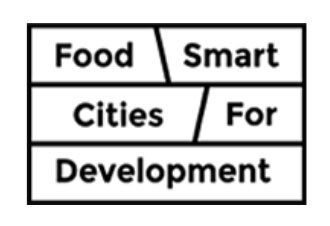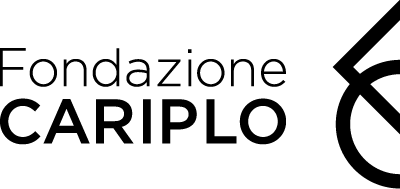From the 17th to the 19th of July 2023, the Milan Urban Food Policy Pact, together with NGOs ACRA and Mani Tese and the city of Dakar, held the 5th MUFPP Regional Forum in Africa in Dakar, Senegal.
The main objective was to support African cities interested in developing more sustainable urban food systems, by promoting cooperation and knowledge sharing and by providing new tools to build effective food policies and actions.
The event gathered 19 city officials from 12 African cities: the hosting city of Dakar, together with Antananarivo, Bafoussam, Bamako, Douala, Durban, Nairobi, Niamey, Ouagadougou, Praia, Thies and Ziguinchor, as well as 10 African and 24 European and Brazilian Food Wave climate activists.
The first day of the Forum started with the opening speeches from the Vice Mayor for the Municipality of Dakar, Mr. Jean Louis Ndiaye, and remarks from the MUFPP Secretariat and the partner NGO ACRA.

The most technical outcome of the forum foresaw the presentation of a tool called Food Policy Action Canvas (FPAC), developed in the frame of the Food Trails project, showcased by the experts from the Food Sustainability Lab of the School of Management of the Politecnico di Milan.
The tool was developed starting from the business model canvas, a strategic management template used for developing new business models and documenting existing ones. The business model canvas was then adapted to the notion of urban food policy, thus creating the FPAC.
During the forum, facilitators supported the participants in creating their own FPAC. City officials and young activists worked together, and the pairing between officials and activists allowed the creation of a lively environment where different perspectives and life experiences were taken into consideration.


The second day of the Forum also offered an occasion of exchange between international cooperation agencies, international organizations and MUFPP African city officials.
In the frame of a roundtable between development agencies, international organizations, and city officials, Invited representatives were asked to present programmes, actions or strategies targeting urban food systems in African cities. Among the main takeaways was noted the increasing interest from international organizations in working with cities and local governments and to adopt an urban approach in developing strategies of intervention.

To close the Forum with a first-hand experience, two field visits were organized.
City officials were invited to witness the most successful urban agriculture practice in Dakar, the micro-gardens. The practice was launched in 2006 in partnership with the city of Milan and NGO ACRA to respond to the issue of increasing urbanization in the city and to give an alternative source of healthy and nutritious food to groups of citizens in vulnerable conditions, such as people living with disabilities, unemployed women and youth, and elderly people. City officials could visit the gardens, interact with beneficiaries, ask questions to the local administrators and assess the results of the practice.
In parallel, the young climate activists met two local associations to discuss the state of climate activism in the country. The meetings took place at Hann Park in Dakar, one of the biggest urban parks in the city.





